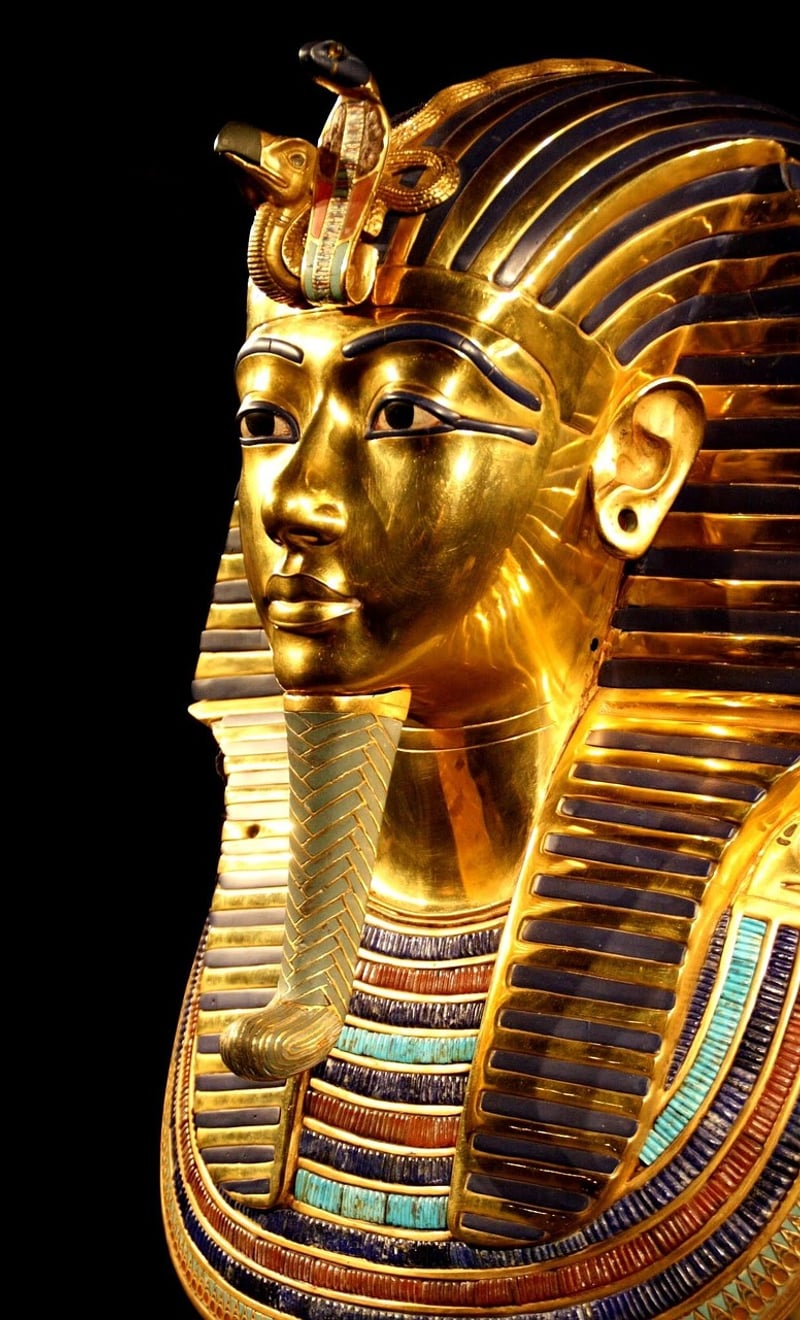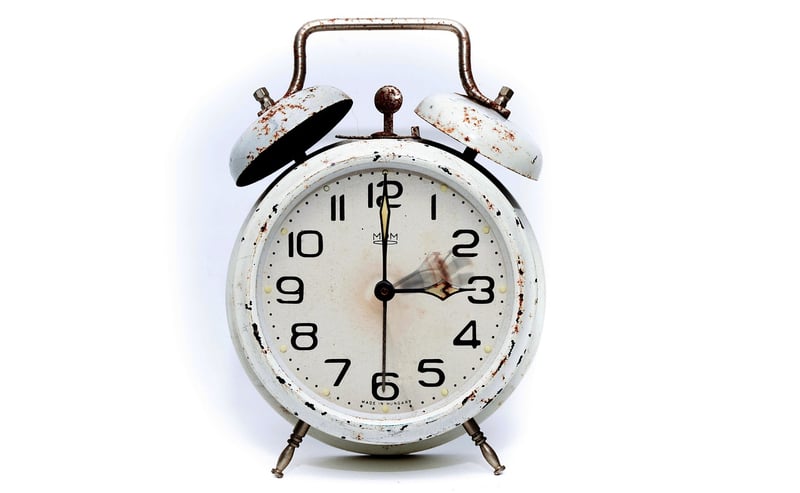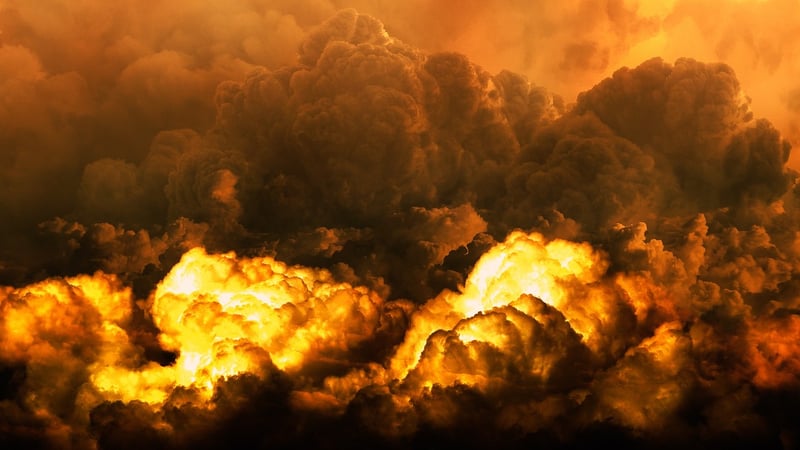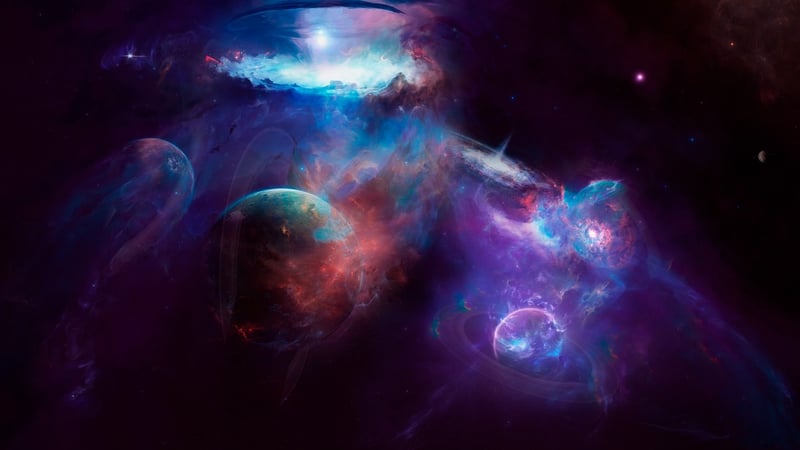Future Exploration
Exploring Time Periods and Future Exploration
Introduction
Time has always been a fascinating concept for humans. From ancient civilizations to modern science, the exploration of time periods has intrigued us. Let's delve into the different time periods and how future exploration might shape our understanding of time.
Ancient Time Periods
Ancient civilizations like the Egyptians, Greeks, and Romans had their unique ways of measuring and understanding time. From sundials to water clocks, these societies developed methods to track the passage of time. Their calendars and astronomical observations laid the foundation for modern timekeeping.

Medieval and Renaissance Periods
The Middle Ages and the Renaissance brought advancements in timekeeping with the invention of mechanical clocks. The development of pendulum clocks by Galileo Galilei and Christiaan Huygens revolutionized precision timekeeping. These innovations shaped society's perception of time and led to standardization.

Modern Timekeeping
The industrial revolution and the invention of the atomic clock in the 20th century marked significant milestones in timekeeping. Atomic clocks are incredibly accurate and form the basis for Coordinated Universal Time (UTC), the global standard for time. Time synchronization is crucial for modern technologies like GPS and internet communication.

Future Exploration of Time
As we look to the future, scientists are delving into the concept of time travel and the nature of time itself. Theories like Einstein's theory of relativity and quantum physics offer new perspectives on time. The exploration of black holes and the fabric of spacetime could unlock mysteries about the nature of time.

Conclusion
Exploring time periods from ancient civilizations to modern science has been a journey of discovery and innovation. As we continue to push the boundaries of knowledge, future exploration of time promises to unravel the mysteries of the universe and our existence.
Time is not just a measure but a dimension to explore, shaping our past, present, and future.
